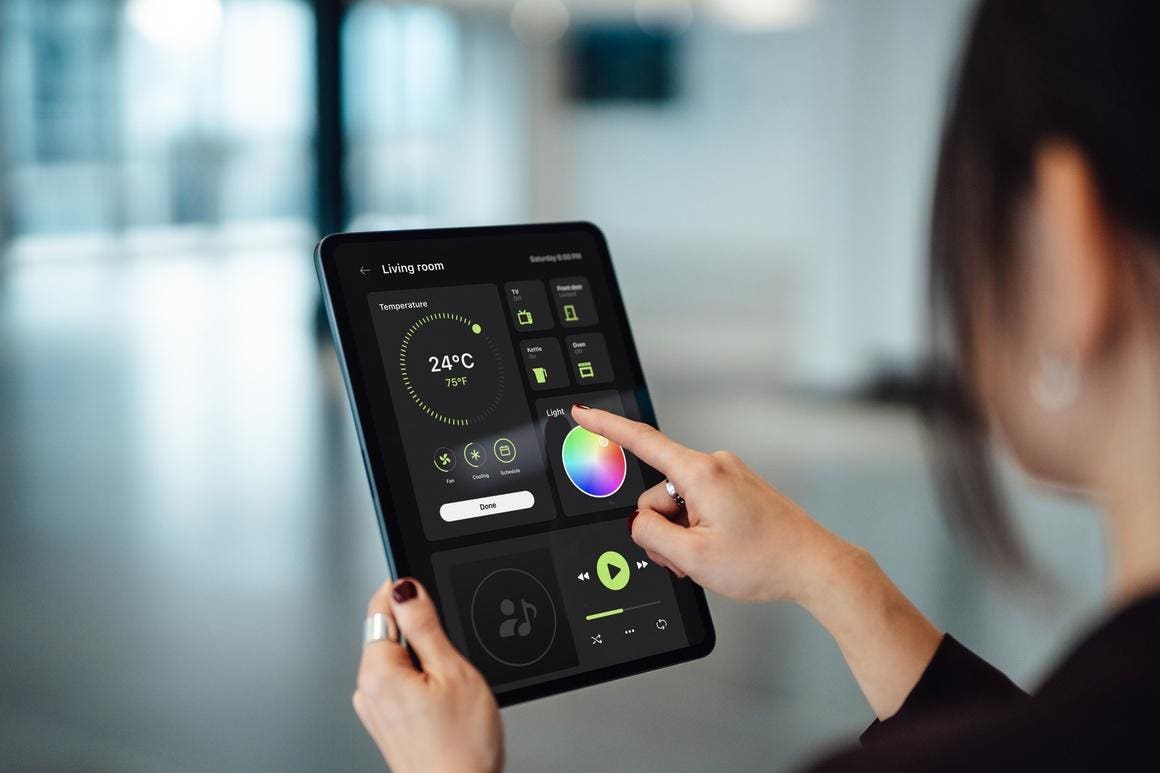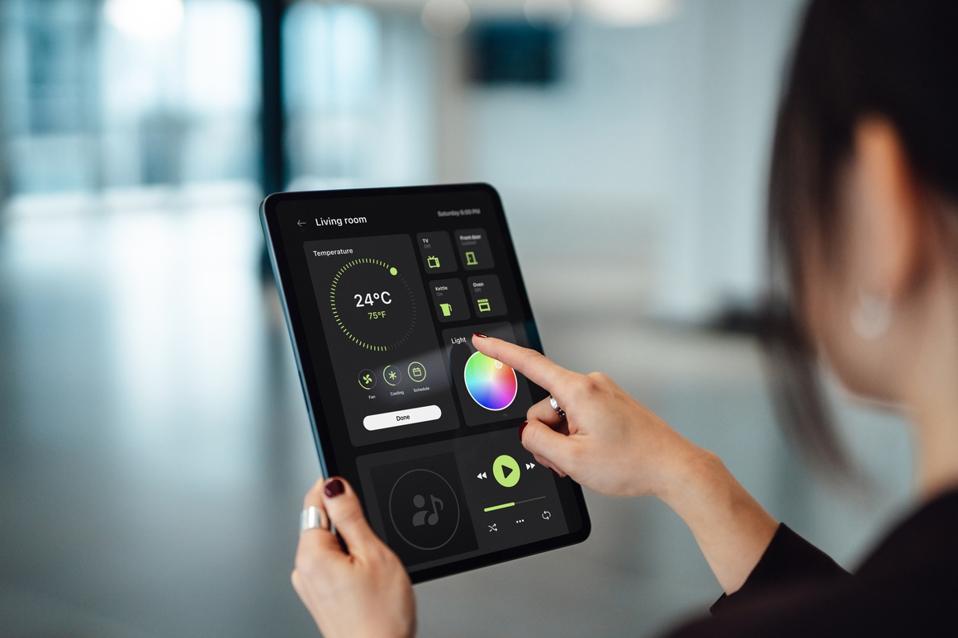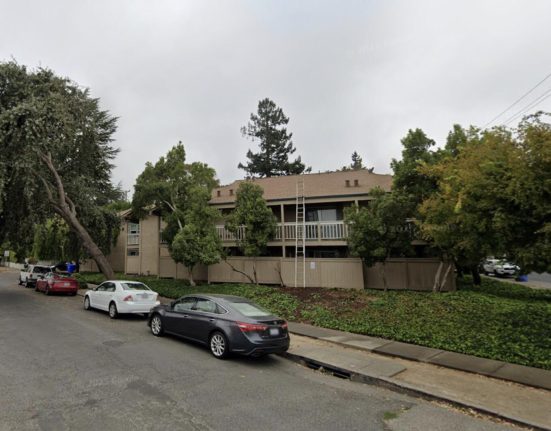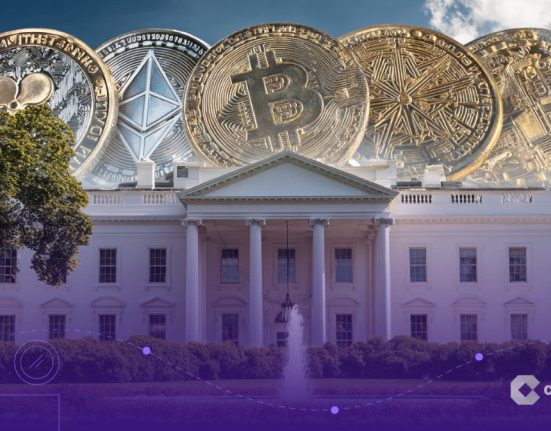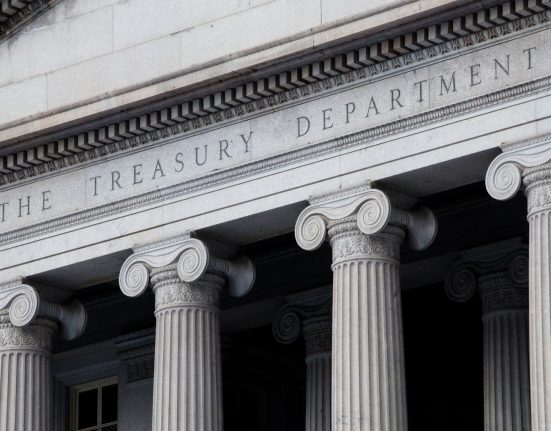Nikhil Jain, Senior Partner Technology Manager at Samsung SmartThings, specializing in the smart home and commercial real estate industry.
Smart technology integration has fundamentally transformed real estate, creating unprecedented opportunities for agents to maximize property values. In 2025, 78% of buyers say they will pay more for smart-enabled properties.
As a senior partner technology manager at Samsung SmartThings, this is a space I’ve always watched closely. In this article, I’ll share a few of the insights I feel are most important for real estate agents in this new age of property technology.
Understanding Market Demand
The demographic shift toward tech-savvy buyers drives unprecedented demand for smart-enabled properties. Millennials and Gen-Z buyers view smart technology as a necessity rather than a luxury.
Key statistics demonstrate this shift, including the fact that 77% of millennials say they’ll pay more for smart features. Even further, 86% of millennial renters pay premiums for smart properties.
This generational preference reshapes property expectations, with younger buyers seeking properties that integrate seamlessly with their digital lifestyles through voice-activated assistants, app-controlled systems and automated environments.
High-Impact Smart Technologies
According to some estimates, smart HVAC systems deliver the highest property value increases, boosting home values while reducing energy costs by 30% to 50%. These systems appeal through immediate comfort benefits and long-term operational savings.
Additionally, smart security systems can offer value increases of up to 5% while providing peace of mind that resonates strongly with some buyers. Properties with security features may command higher per-square-foot premiums compared to non-secure properties.
Investment Considerations And ROI
Smart technology investments can deliver, according to some estimates, 50% returns on investment, making them attractive options for sellers maximizing property value before listing. According to Dr. Matthew Marson, as cited in a JLL Technologies webinar and blog post, “for every $1 invested in smart building technology, companies get $3 in return over five years.”
In commercial real estate specifically, smart technology serves as a powerful differentiator. Properties with smart technologies report “a 23% increase in tenant retention” while commanding higher rental premiums. Key features include automated climate control, smart access systems, energy monitoring and predictive maintenance capabilities.
The smart building market size is estimated to reach $439.61 billion by 2032, with a 20.6% CAGR from 2025 to 2032, indicating sustained growth and investment opportunities. On top of this, the smart building sector will continue evolving with 5G connectivity, artificial intelligence and IoT integration, driving new capabilities. Properties equipped with robust infrastructure for future technology adoption may see continued value growth.
Marketing Smart Properties Effectively
Successfully marketing smart-enabled properties requires strategic presentation. Highlight smart features prominently using terms like “smart devices,” “energy-efficient” and “enhanced security.” Essential approaches include the following steps:
• Create comprehensive guides detailing each system’s operation and benefits.
• Offer interactive demonstrations during showings.
• Use high-quality photos and videos showcasing smart devices.
• Emphasize energy savings with specific data when available.
Alongside the steps above, I’ve also found that it’s best practice to transform traditional showings into interactive technology demonstrations. Provide visitors with tablets or smartphones to control smart systems, allowing them to experience the convenience and functionality directly. This hands-on approach helps buyers visualize their daily work and life with the technology.
Transaction Best Practices
Before listing smart-enabled properties, establish clear inventory and ownership protocols. Create comprehensive lists of all smart devices, determining which items will stay with the property and which items sellers will remove. This clarity prevents misunderstandings and ensures smooth transactions.
Additional steps to consider include the following:
• Inventory all smart devices with brand names, model numbers and functionality.
• Document subscription requirements for ongoing service contracts.
• Verify warranty transferability for remaining devices.
• Prepare instruction manuals and setup guides for new owners.
Smart device-enabled property transactions require careful attention to data privacy and security protocols. Sellers must remove all personal information from smart devices and reset systems to factory settings before transfer. This protects both parties while ensuring new owners can establish secure accounts.
Conclusion
Smart technology has transitioned from a luxury amenity to an essential property feature, creating substantial opportunities for real estate agents to maximize property values and deliver superior client service. When equipped with smart systems, some properties have a 40% chance of selling faster and commanding significant premiums in competitive markets, so agents who master smart technology marketing and transaction procedures may gain decisive advantages. Agents who embrace these tools while maintaining expertise in transaction procedures and client education may excel in the evolving marketplace.
Success requires continuous learning, strategic implementation and client-focused service delivery. As the market continues evolving, I believe agents who champion technological fluency and stay plugged into the latest trends will lead the industry’s transformation.
Forbes Technology Council is an invitation-only community for world-class CIOs, CTOs and technology executives. Do I qualify?

